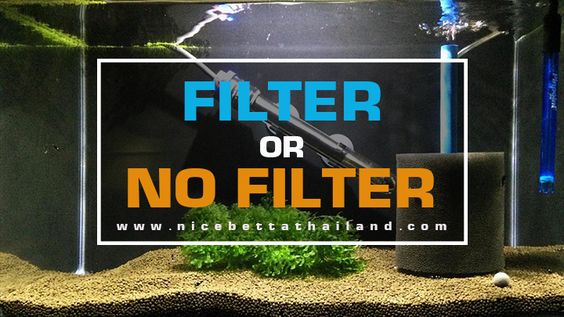Whether betta fish need a filter or not depends on several factors including tank size, the level of care, tank mates, and more. It’s not a simple yes or no answer because they can survive and even thrive in both scenarios with the right care.
Betta Fish Need A Filter?
Problems arise from misinformation and from beginner caretakers who believe a bowl or other small tank is going to be less work and less expensive. That’s simply not true and can lead to a sick betta or worse. Before you make your decision on filtration, make sure you fully read and understand the pros and cons of each.
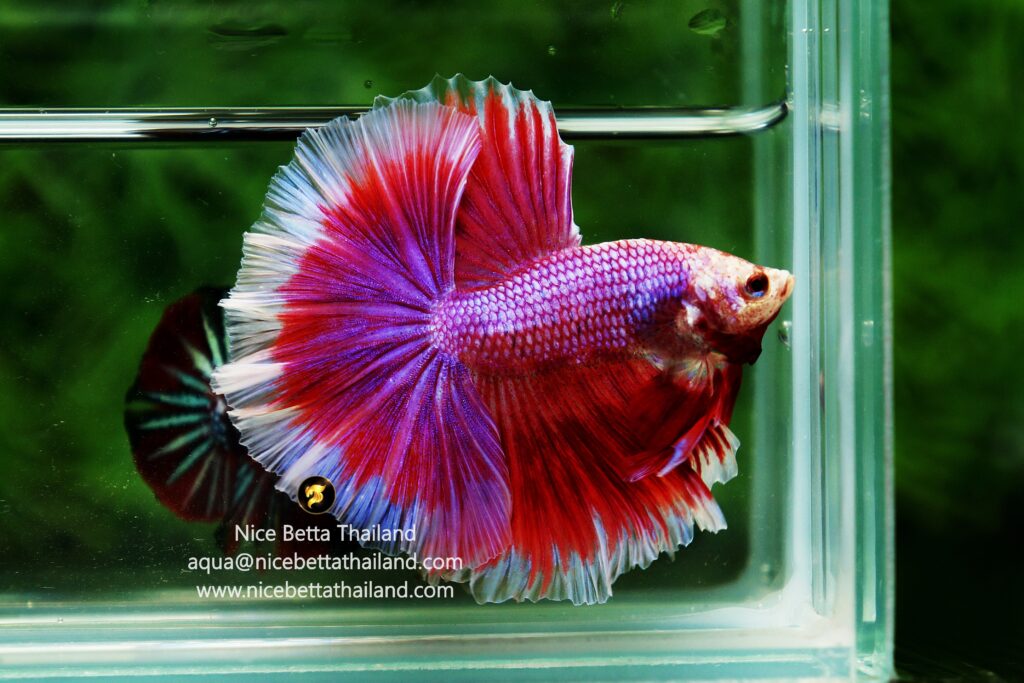
Let’s start by understanding a betta’s natural habitat, living in rice paddies and shallow bodies of water. During droughts, a wild betta may even end up in a murky puddle for a period of time with very little oxygen. Betta fish are able to survive in these conditions through evolution, with the unique ability to gulp oxygen from the air (at the water’s surface) instead of relying solely on their gills. This ability comes from their labyrinth organ, classifying them as Anabantoidei or labyrinth fish.
Because of their level of tolerance in low oxygenated water, bettas are frequently sought after and recommended for beginners. They can be easier to care for than other tropical fish with less equipment, but myths are abundant. Claims how they prefer small habitats and can live off the roots of a plant in a vase. These claims are false and can lead to your betta merely surviving. Instead, you want your betta to live a long and healthy life without any suffering right?
Betta Fish Habitats Without Filters
Tanks that are 2.5 gallons or smaller, shouldn’t have a filter because they can do more harm than good. Filters in small tanks cause strong currents, which can toss a betta fish around and stress them out. Bettas are not very strong swimmers and their long fins can further complicate mobility in strong currents. Betta’s prefer slow moving or still water. This is why some caretakers swear by unfiltered tanks for their betta, replicating their natural ecosystem.
Water quality, however, quickly declines in low volume unfiltered tanks. The larger the volume, the slower the water quality will decline and the easier it is to maintain. Uneaten food and feces lead to ammonia, nitrate, and nitrites building up. In high quantities, these can begin to stress and make your betta sick. One of the most common ailments in small unfiltered tanks is fin and tail rot. There are also beneficial bacteria that naturally exist in the water. Constant water changes can limit these beneficial microorganisms and create stress as well.
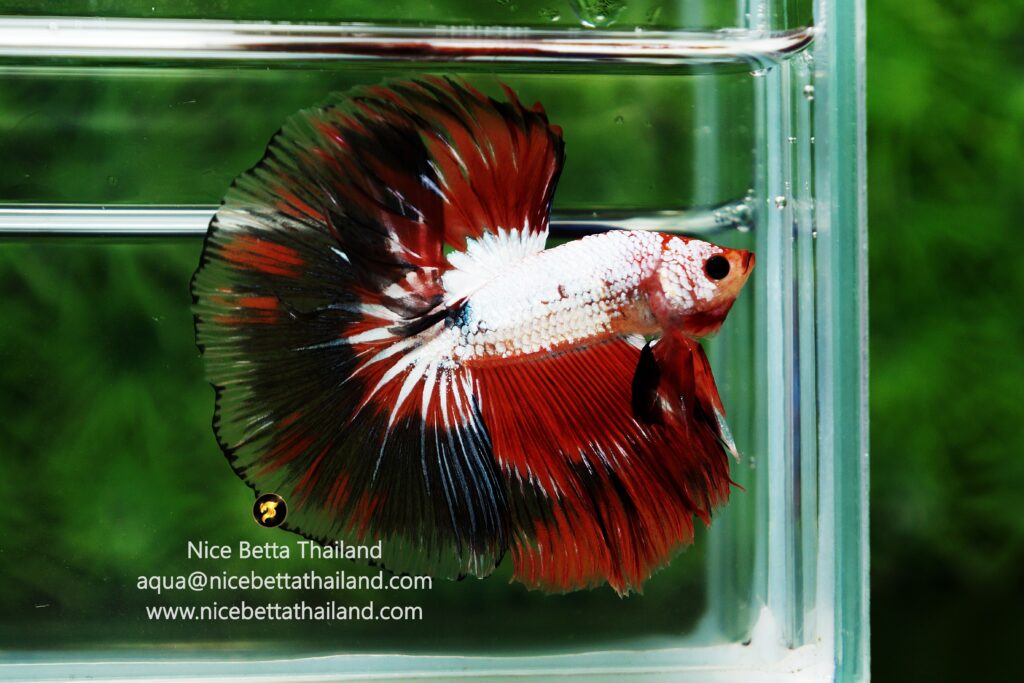
The absolute minimum size for a betta fish is 2.5 gallons, with the recommended size being 5 gallons or more. Caring for a betta fish without a filter is actually a lot more work. Non-filtered tanks require 1-2 water cycles at around 25% and a full 100% water change each week (depending on water quality). On the other hand, a 5-gallon unfiltered tank will only need 1 water cycle per week at around 25%-35% of total volume and a 100% water change once per month.
You should also use test strips to analyze your water parameters in real-time. To help with unfiltered tanks, remove uneaten food and poop before it settles and decays (pro tip: use an aquarium designated turkey baster to easily suck debris out of the tank). After reading the section below, you’ll quickly realize why filtered tanks can be more beneficial for betta fish and easier to maintain.
Betta Fish Habitats With Filtered Tanks
There are many filters you can buy if your tank did not come with one. Some examples of different types include: under gravel filters, hanging on the back power filters, sponge filters, and internal filters. The most important consideration for betta fish is their strength, with having an adjustable flow being crucial. Your betta should be able to swim freely without struggling.
We recommend purchasing a tank that’s recommended for betta fish and comes with a filtration unit out of the box. Mix-matching items can be tricky, but if you are buying a filter, a weaker than the recommended size is advisable. For example, if your tank is 5 gallons, consider a filter rated for 1-3 gallons.

Benefits of Betta Tanks with Filters
- Waste Reduction – removal of excess food, feces, ammonia, and bad bacteria
- Oxygenation – filters help to oxygenate the water
- Good Bacteria – beneficial microorganisms accumulate in filter media and tanks
- Tank Mates – filters are required with tank mates because of increased bio loads
- Maintenance – reduced maintenance and water cycling
Betta fish like filtered tanks because they do best in stable water parameters. A filter helps to maintain beneficial bacteria while cleaning and neutralizing ammonia and nitrates. Establishing a natural ecosystem is crucial to long-term health and limiting the chances of stress and disease.
Filtered betta tanks will require less maintenance, which makes your life easier. If you forget to perform water changes in an unfiltered tank, things can get bad quickly. In a filtered tank you don’t need to do 100% water changes unless you have an algae or rampant disease problem. In fact, a 25-30% water cycle once a week and vacuuming the gravel is all that’s necessary aside from filter media replacement per your filter’s instructions. Make sure to always clean your filter in tank water and not tap water to preserve beneficial bacteria.
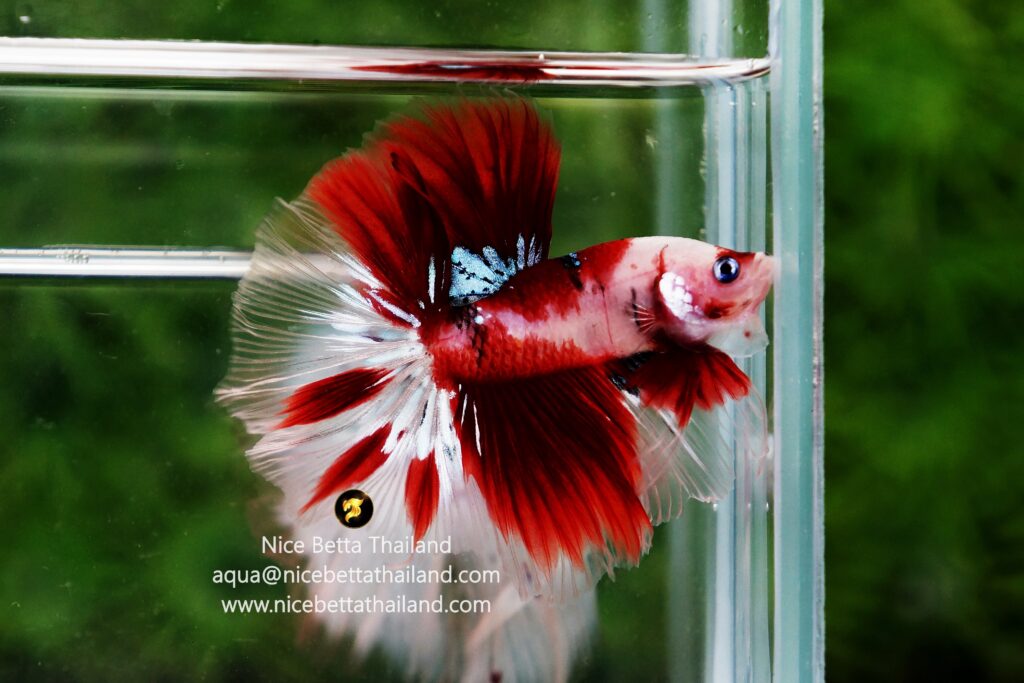
Is Your Bettas Filter Too Strong?
If your betta’s filter is too strong you will need to remove it or reduce the strength of the current. Filters are not ideal for tanks under 3 gallons and you should upgrade the size of your betta’s habitat. Hanging on the back and internal filters come in varying strengths and may be too strong for a betta fish. If your betta is struggling to get to the surface for air, hiding and scared, and frantically swimming in the current, your filter is probably too strong.
This can severely stress your betta fish and lead to fin damage, injuries, and even death. After becoming physically exhausted they can be tossed around or even sucked up by the filters intake tube. Allowing your tank’s water to get and stay below the recommended depth from the filter’s output will also increase turbulence in the water.
The first thing to try is limiting the flow of your filter if it’s adjustable (try the lowest setting). If not, consider returning it, purchasing a new one, or trying these tips. You can increase plants and decorations near the filter to break the flow as it enters the tank. There are also other methods like creating a separate compartment for filtration by dividing the tank.
Another quick fix which will also protect your betta fish is placing a pre-filter sponge on the intake tube to restrict water uptake and ultimately output. Pre-filter sponges will easily fit over certain filters’ output tubes into the aquarium like the Fluval Spec V too. This can help to reduce the flow and turbulence in the tank for betta fish.
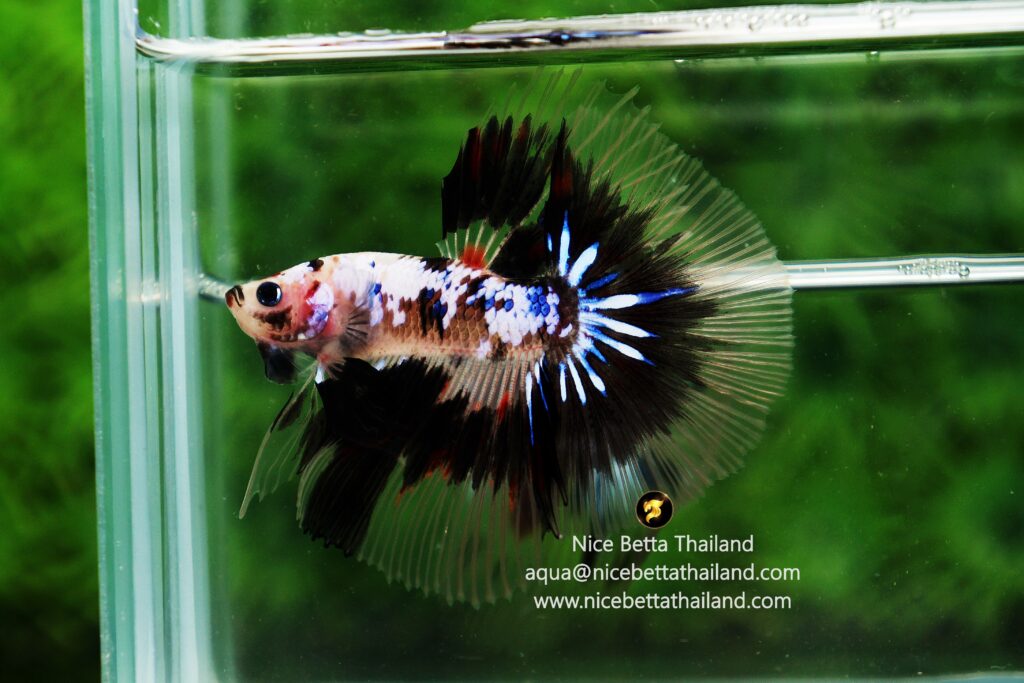
Recommended Betta Filters
The size of your tank or habitat will affect which filter is right for your siamese fighting fish. One of the best and most inexpensive options for smaller tanks are sponge filters (on the left). Sponge filters use bubbles of air from an air pump to draw water through a sponge. A sponge filter is very easy to set up and allows for both mechanical and biological filtration. They are perfect for the delicate betta, and also have the added benefit of oxygenation. They work best in tanks up to 10 gallons and present virtually no risk to your betta from suction or flow.
A second option is the hanging on the back (HOB) nano filter (middle). These are ideal for 5-10 gallon or even larger tanks. If you can, get one that has an adjustable flow rate and consider a pre-filter sponge for the intake tube. HOB filters are easy to maintain and they don’t take up viewing or ecosystem space.
A final option is an internal filtration unit that goes inside the tank (on the right). If you already have a small tank (3 gallons), this can reduce swimming space and the overall water volume available for your betta fish. Most submersible filters attach to the tank’s wall via suction cups and perform relatively well if they’re not too powerful.
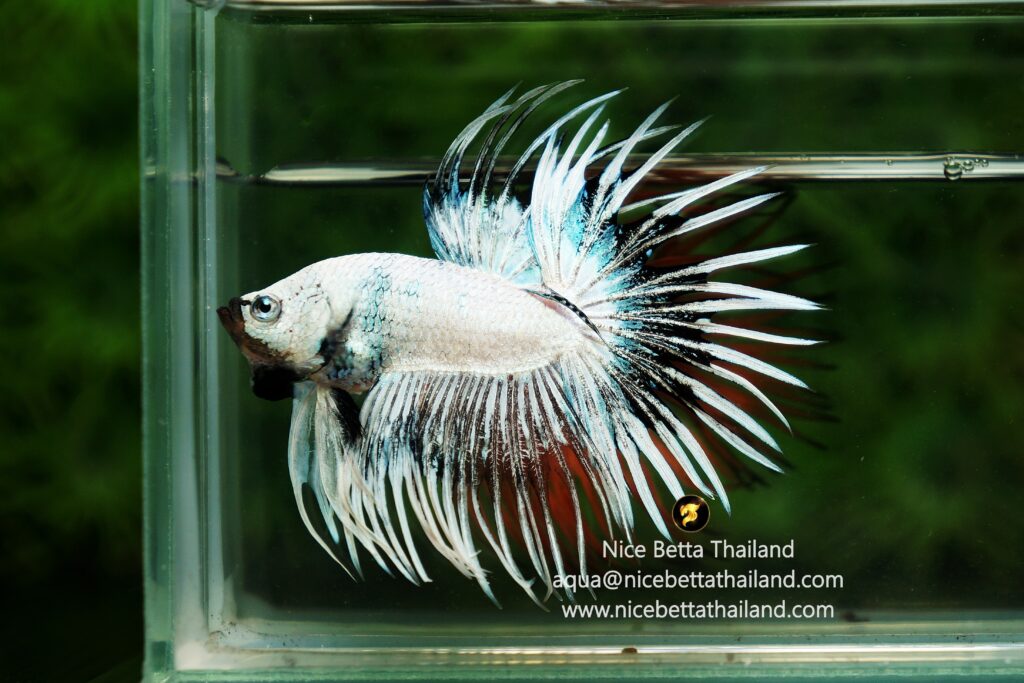
Conclusion
Do betta fish need a filter? That depends on what you’ve decided given the pros and cons for each scenario above and your personal situation and preference. Please avoid fish bowls and any tank under 2.5 gallons. The larger your tank, the easier it will be to maintain. A filtered tank can further support a healthy ecosystem too. If you decide to introduce tank mates, create a sorority, or place your betta fish in a community tank, filtration will be required for increased oxygenation and water quality.
If you still have questions, please ask them in the comments below.
If our article was useful to you You can leaving a 5-star reviews for It’s an encouragement. For us make encourage us in our research. Research information about betta fish for to present useful information further

Also we have group talk about betta fish for sale and share any new tip take care information on Web3 socialFi group

Right now we have betta fish doctor help every bettas lover by top breeder in Thailand to cure or share more tip on Animalverse social
If your bettas fish sick or need tip to treat help or join event prize with AVC Token
Let’s join the group many top breeder will help to answers in betta fish community
More tip :
Disadvantages of Betta Fish Bowls
Benefits Of Tannins Or Blackwater For Bettas.
How Good And Bad Is Aquarium Salt For Betta Fish
WILL MY BETTA JUMP OUT OF ITS TANK?
The most expensive betta fish in the world.
All of Betta Fish A Guide on Patterns, Color in the world


